CLOSING DAY CHECKLIST
THE SELLER
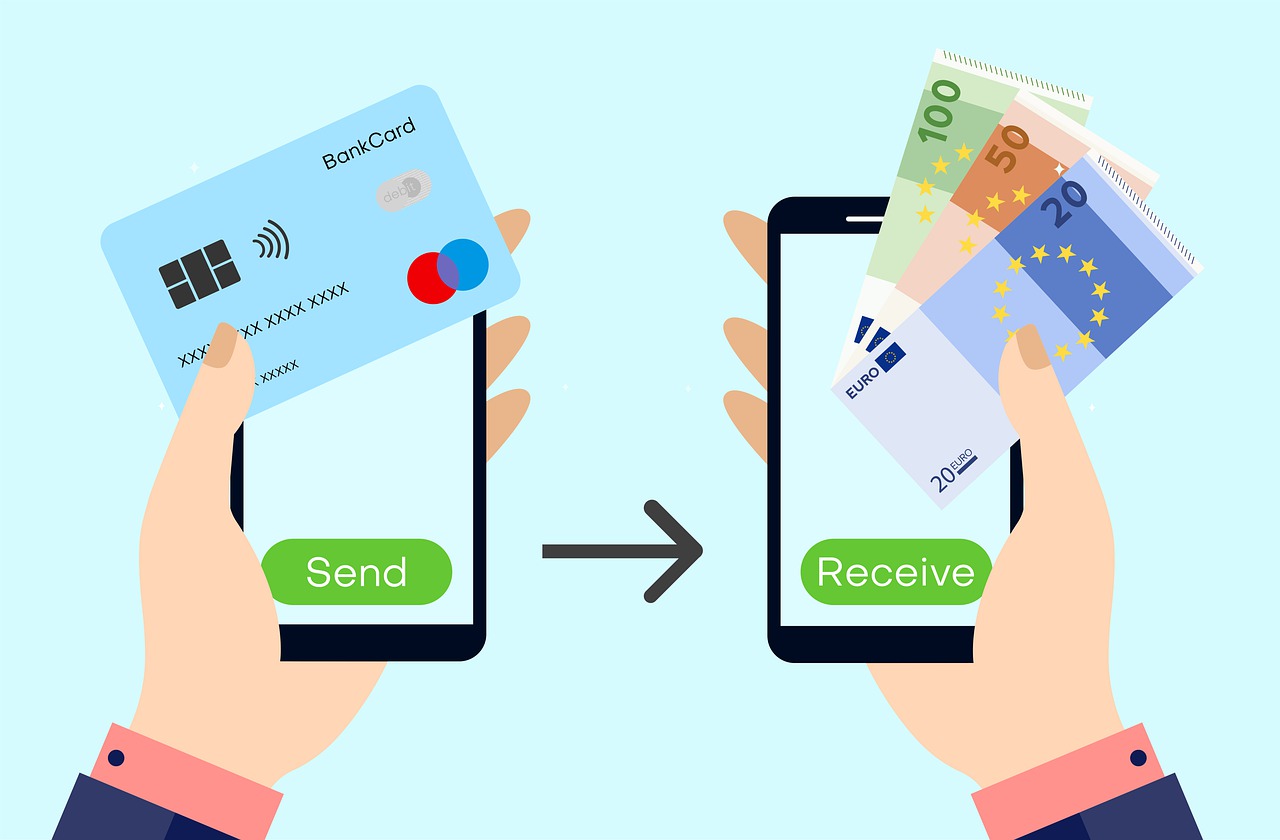
Bring your check/wiring information in order to receive your proceeds
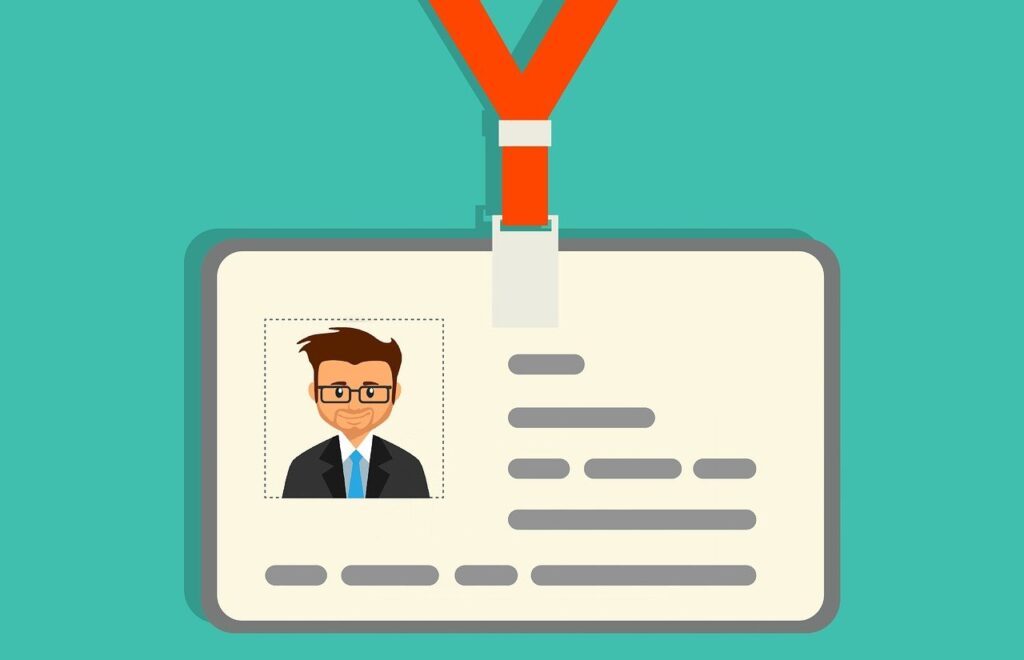
Bring a valid, unexpired government issued form of identification to closing, such as a driver’s license or passport
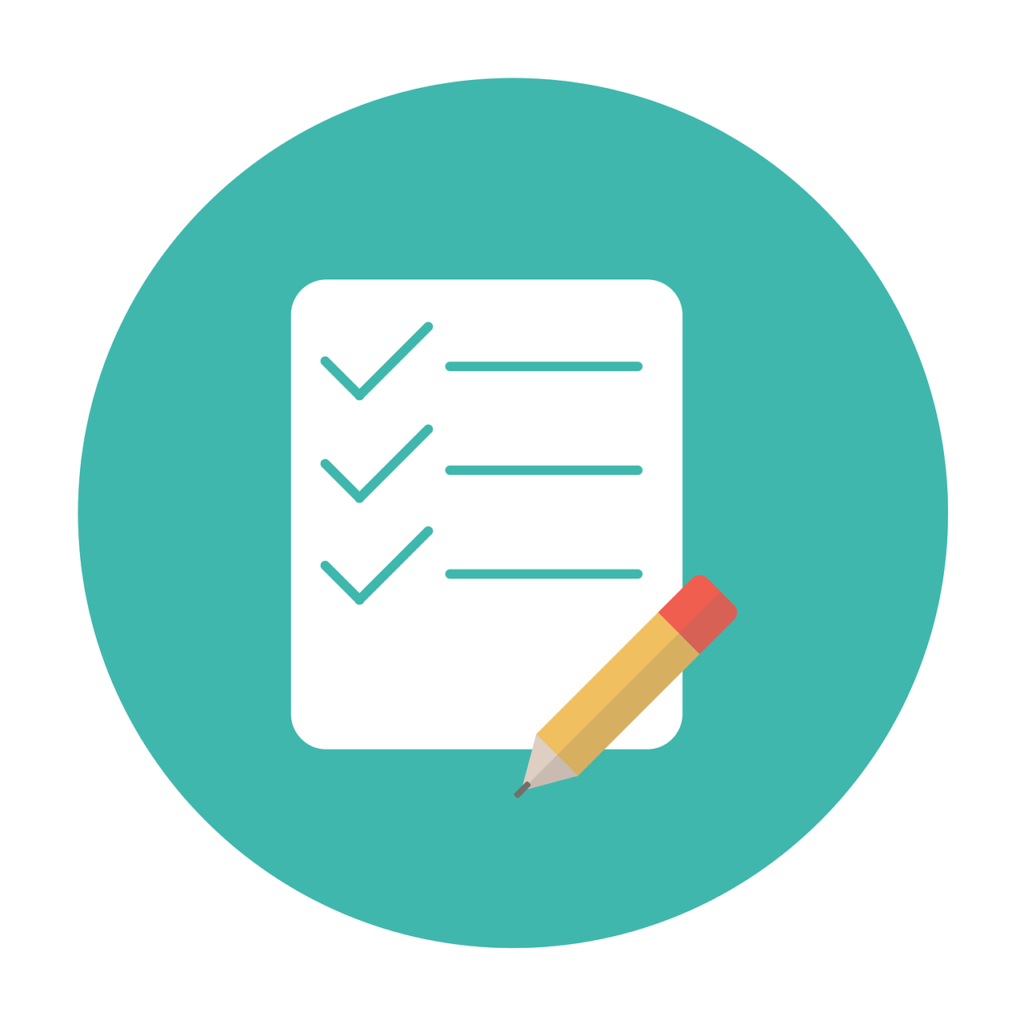
Cancel/transfer utilities, homeowner’s insurance & flood insurance upon funding
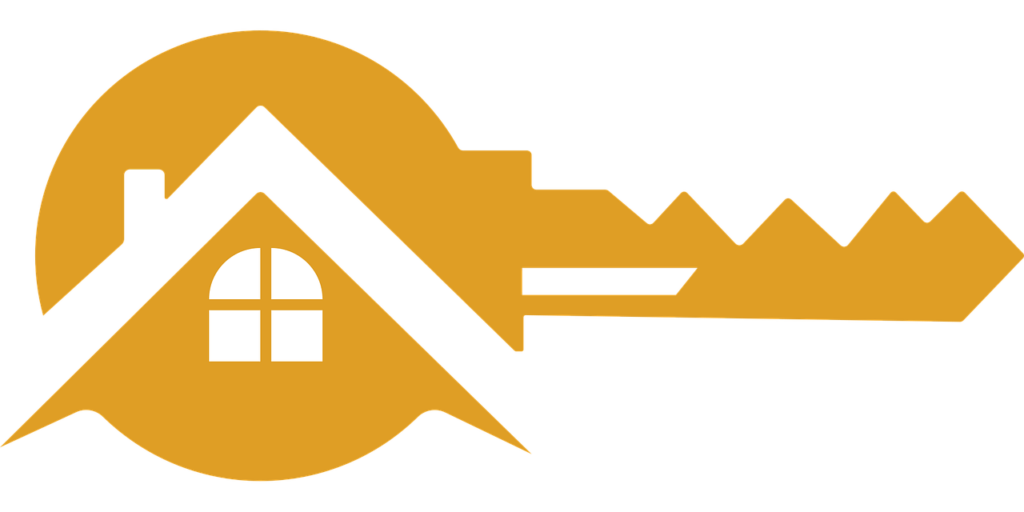
House keys, Gate Codes
Garage door openers, Mailbox Keys
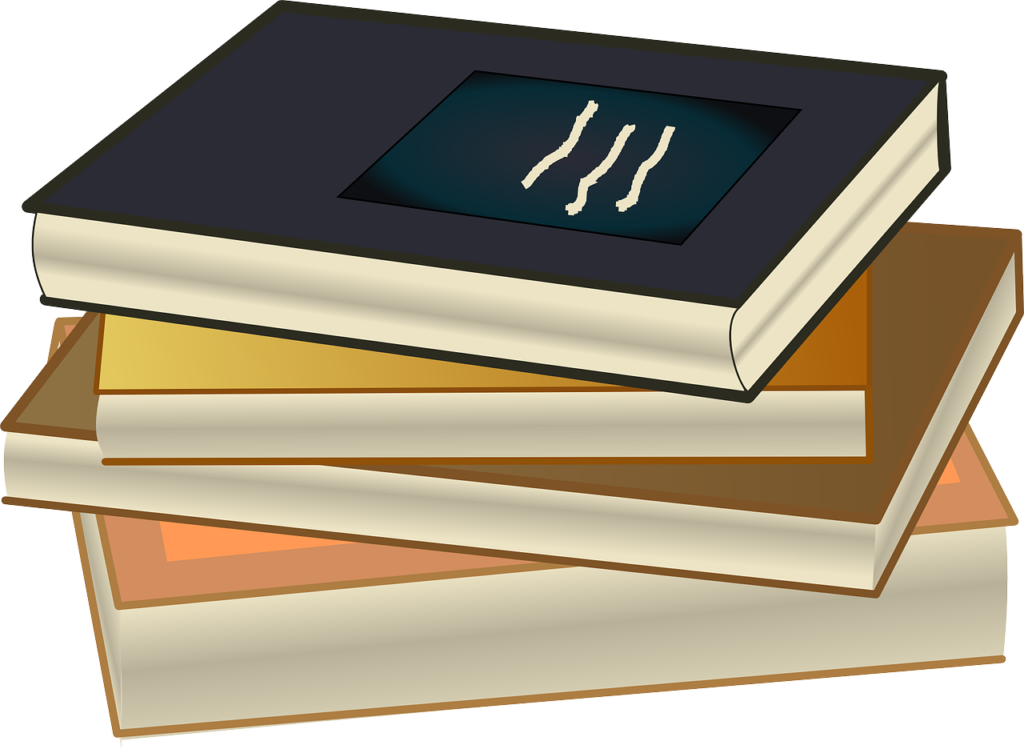
Owner’s manuals
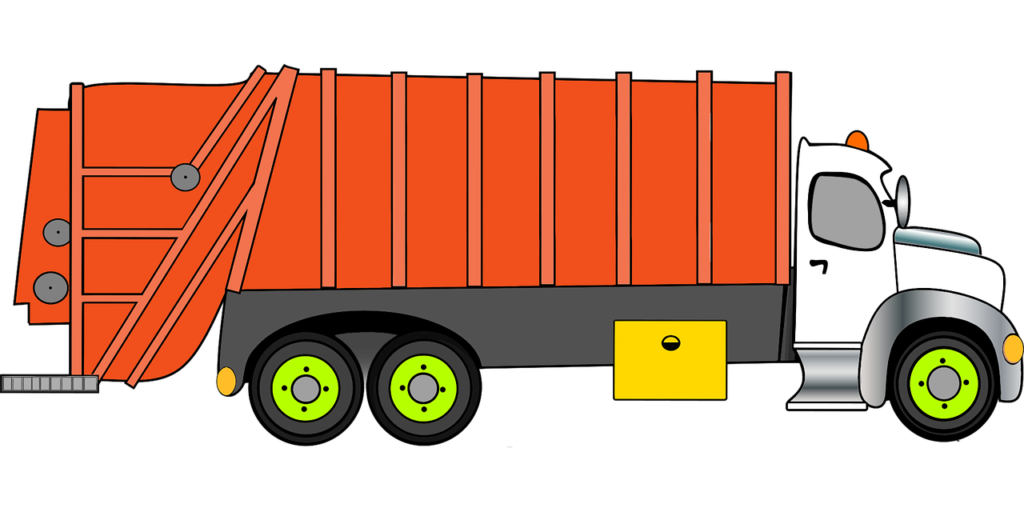
Trash pick-up dates
THE BUYER
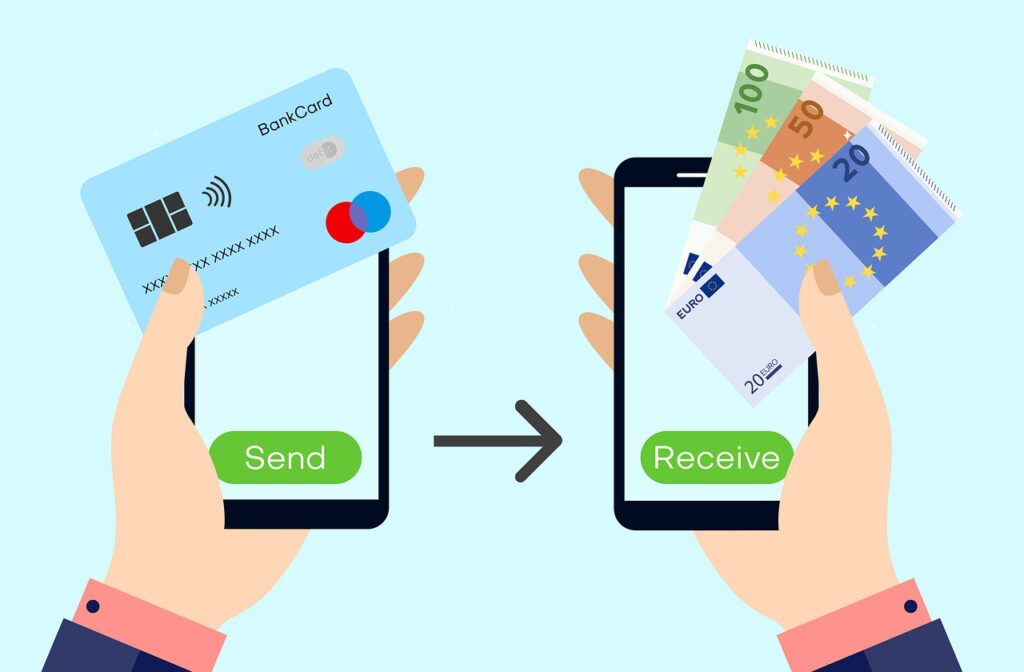
Bring closing funds (cashier’s check or wire transfer) ; click here for the steps in getting a cashier’s check ; if wire, it should be sent based on the title’s wiring instructions.

Bring a valid, unexpired government issued form of identification to closing, such as a driver’s license or passport ; any changes in the marital status occuring between the time of loan application and closing should be brought to the attention of the mortgage loan originator or lender. All borrowers, co-borrower, or co-signer (includes non-occupying co-borrower, borrower’s non-purchasing spouse, co-borrower’s non-purchasing spouse even not in the mortgage or occupying residence should be there. If using POA (power of attorney), it must be approved before closing. Original POA must be brought to the closing table and the title company must be able to reach the borrower either by phone or email on closing day to ratify the POA.

As soon as it funds, set up/transfer utilities, homeowner’s insurance & flood insurance (When you have escrow, home insurance has already been setup; unless flood insurance is required, you will have to do this separately. Talk to your insurance provider as to how you want the flood insurance handled (i.e. before or after closing)
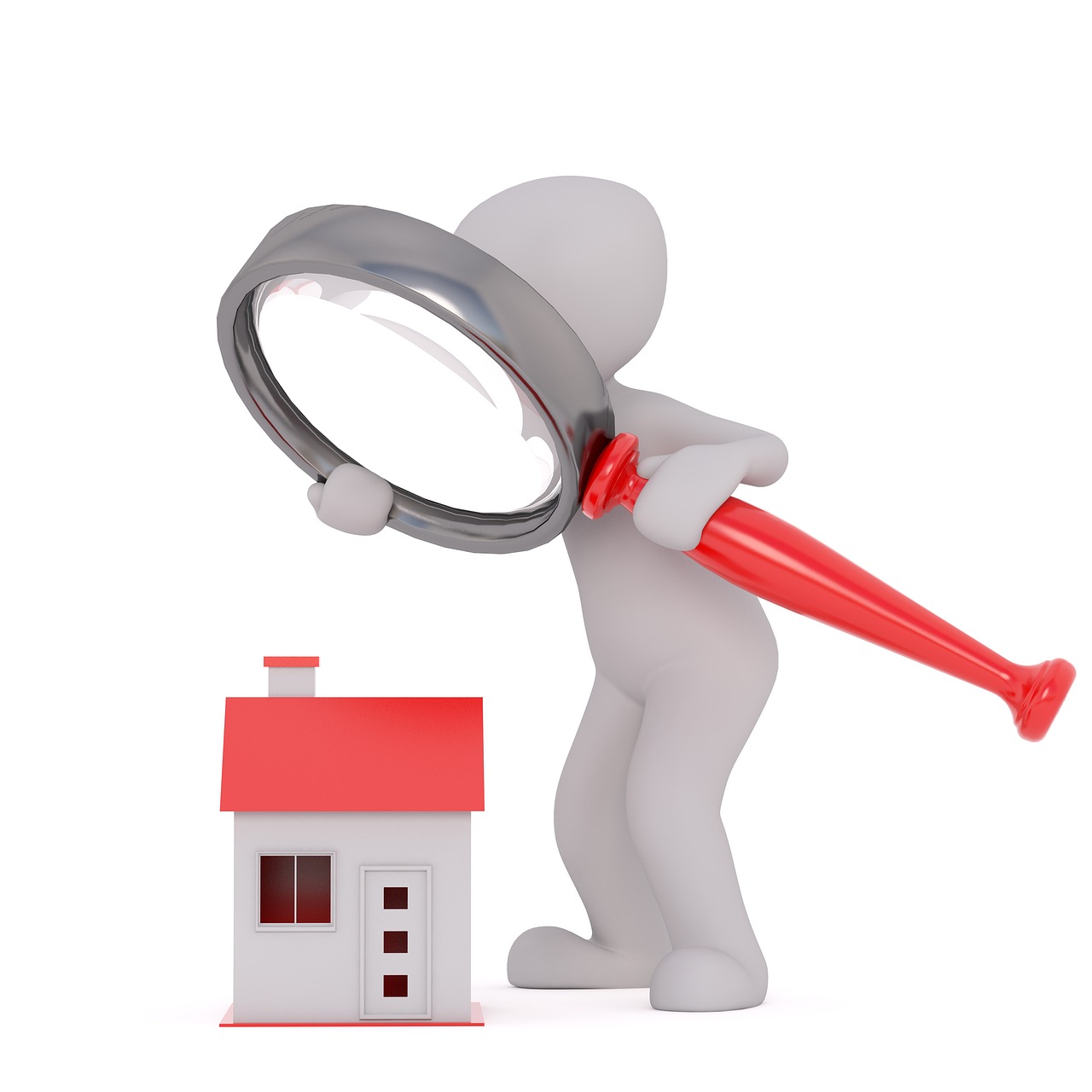
TRANSLATORS (if applicable) – if a borrower needs one, it is the borrower’s responsibiity for providing one. Translator must be 18 or older and come with a current government-issued photo ID (e.g. Drivers License)
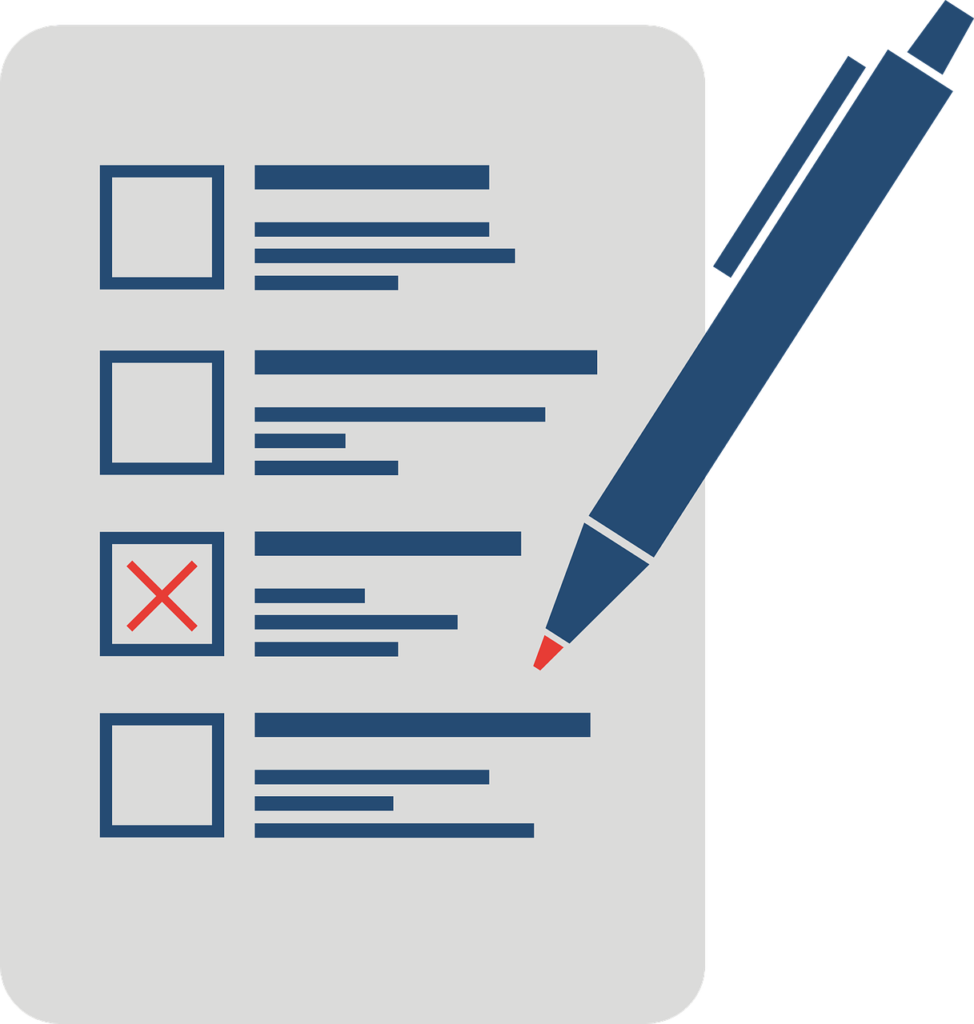
File your Homestead Exemption form (if applicable) ; this is done as soon as your DL (driver’s license) is updated to the new property address.
FAQS: What happens when closing on a house?
- What is closing on a house?
- Closing on a house is the final step in the homebuying process where the seller transfers ownership of the property to the buyer and the buyer pays for the property.
- What happens during the closing process?
- The buyer and seller will sign a number of legal documents, such as the deed and mortgage documents.
- The buyer will pay for any closing costs, which may include fees for title insurance, appraisals, and other services.
- The buyer will provide proof of homeowner’s insurance and any other necessary documentation.
- The buyer will receive the keys to the property and take possession of the home.
- What should I expect to pay at closing?
- Closing costs can vary but typically range from 2-5% of the purchase price of the home.
- Buyers should expect to pay for things like appraisals, title searches, and attorney fees.
- What happens if there are issues during closing?
- If issues arise during the closing process, such as problems with the title or the buyer’s financing, the closing may be delayed until the issues can be resolved.
- In some cases, the buyer and seller may negotiate to resolve any outstanding issues before closing.
- What happens after closing?
- After closing and funding, the buyer officially owns the property and can move in.
- The buyer will be responsible for any ongoing maintenance and expenses related to the property.
- When is the First Mortgage Payment Due After Closing?
- The first mortgage payment is typically due one full month after the closing date.
- The exact due date of the first mortgage payment should be listed on the loan documents provided by the lender.
- It’s important to make sure that the first mortgage payment is made on time to avoid late fees and negative impact on credit score.

